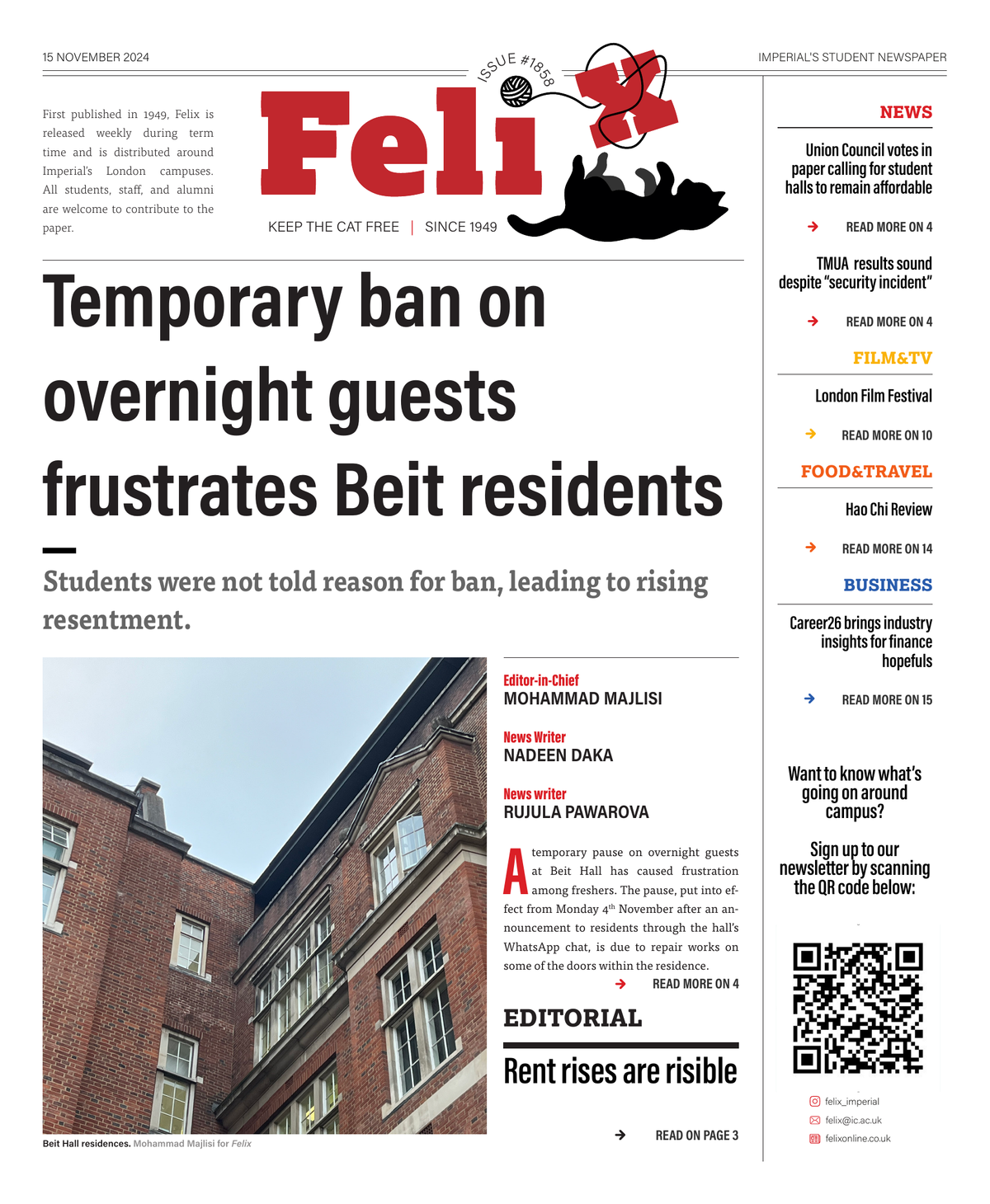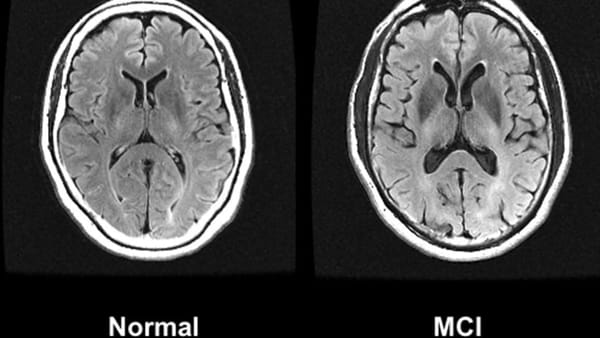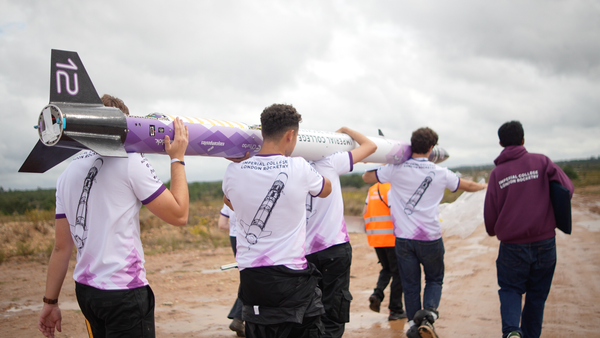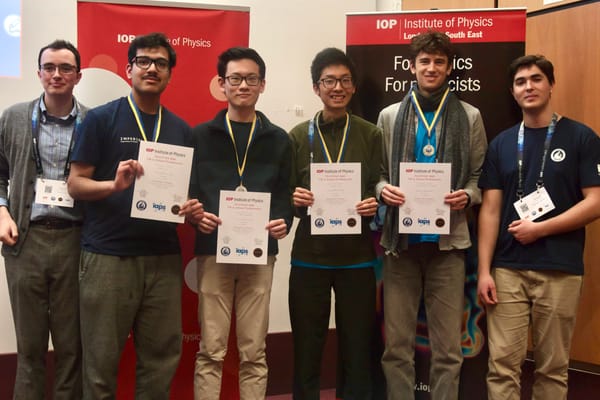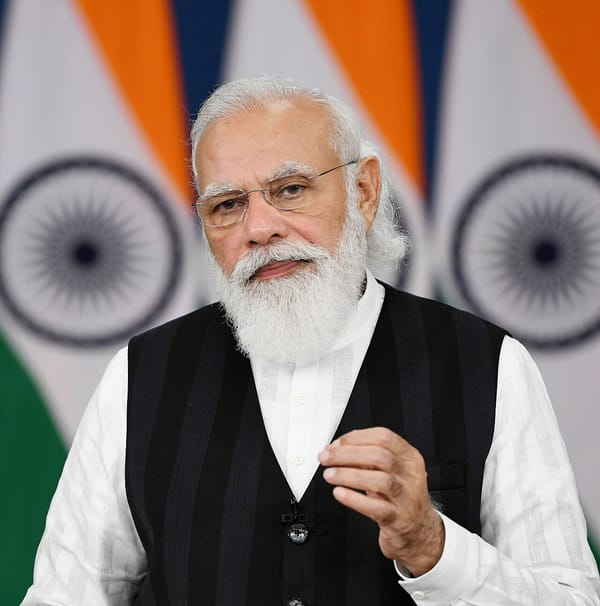Felix x Women in SET interview Professor Pizza
Imperial professor of microbiology and new co-director of Centre of Bacterial Resistance Biology (CBRB) gives an insight into her journey in vaccine research and development.
Since the COVID-19 pandemic, the world has been focused on preparing for the next viral pandemic. Meanwhile, people tend to overlook another equally important threat to human existence: antimicrobial resistance (AMR). The problem of AMR arises when microbes like bacteria and fungi develop resistance through natural selection against antimicrobial medicines, causing them to spread. In this new collaboration between Felix and Women in SET, we had a chance to interview Professor Mariagrazia Pizza to talk about her background and efforts to fight AMR using vaccines. Prior to joining Imperial, she was Senior Scientific Director Bacterial Vaccines at GSK and Head of Research at GVGH, the GSK Vaccine Institute for Global Health.
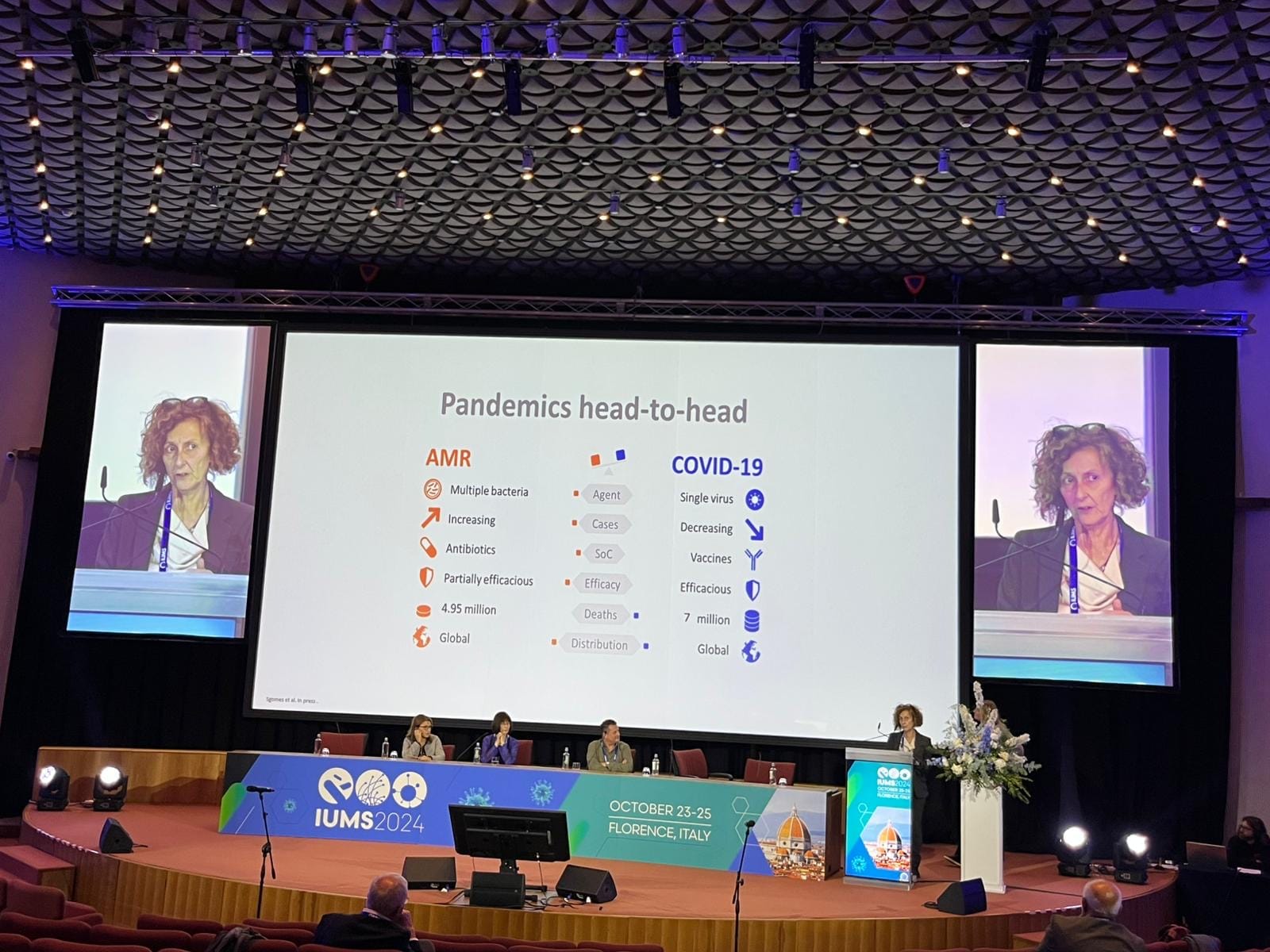
Q. What did you enjoy most about studying at university? Were there any specific topics, projects, or activities that sparked your interest to pursue pharmaceutical design?
I went to the University of Naples, Italy, to study Chemistry and Pharmaceutical Technologies. For me, I liked that the system in Italy treated university as a new phase of your life and I really felt like I’d entered a completely new world of academia.
I knew I wanted to work on drugs and something that was going to help people. I was told that this was the way to go, and fortunately, I came to the realisation that I really liked it. I was particularly fascinated by the lab work, and the idea that you can see results in a very short time. I enjoyed the theoretical part, but I fell in love with the practical aspect.
In Italy, we were required to spend at least one year in the lab to work on our final thesis, in which I looked at peptide folding using nuclear magnetic resonance (NMR). Studying pharmaceutical chemistry and working in many different labs at university, I employed my skills in working on structural molecules. However, after completing my thesis successfully, I wanted to move on and delve into the developing world of molecular biology and genetic engineering. This is why I then went to the European Molecular Biology Laboratory in Heidelberg, Germany.
Q. Your work was instrumental in the development of the meningococcal B vaccine using “reverse vaccinology”. Could you walk us through the challenges and breakthroughs of that project?
This project in particular had many breakthroughs, the main one being that before “reverse vaccinology”, we were looking at one protein at a time. Each person in the lab had their own project. With this new technology using genome screening, we discovered 600 new antigens. When working with such a high number of proteins, you can’t just sit and study each of them on a molecular level. This was challenging as it completely changed the way we approached science in our lab.
Hence, we needed to solve a lot of questions from an antigenic perspective, understanding what antigens do since they were selected from the genome. These new antigens brought regulatory challenges, in terms of expression in different strains, immunogenicity, and function – you don’t want toxic molecules used as vaccines.
As a lab, it took some time for us to appreciate this technology but we soon realised that it could bring something special into the world of vaccines. Most importantly, I always gained motivation from the fact that we had been working as a team, trusting each other.
The more people are educated and willing to collaborate, the better prepared we are as a society.
Q. What are your thoughts on antimicrobial resistance and the impact of bacterial infections in our modern world? How can vaccines help reduce our reliance on antibiotics?
AMR is a very challenging issue because bacteria can evolve and acquire antibiotic resistance genes very quickly. Currently, the pharmaceutical industry is going through a crisis in terms of handling countless failures of new drug discoveries. One of the main reasons why there’s not much investment in novel antibiotic drugs is because of its low economic benefit for companies; most of them last only a couple years once released into the market.
Vaccines have never been seen as a solution to AMR, but now the perception has changed. Vaccines prevent the acquisition of antibacterial resistance because they prevent infection itself. Recent data on pneumococcal, influenza, and salmonella vaccines show that by vaccinating you reduce antibiotic use and slow down AMR. At this stage, however, only one remedy isn’t enough – we need a combination of vaccines with phages, new drugs, or monoclonal antibodies. This is why coordinated effort is crucial. While every country is investing in viral pandemic preparedness, we also need this effort for AMR.
Q. What are your current plans and research aimed at as the new co-director of CBRB, Centre of Bacterial Resistance Biology at Imperial?
As co-director of CBRB, I hope that we will be able to build cross-disciplinary interest. I was amazed at first to see how many interesting projects there were and I think now is the opportunity. AMR, as I mentioned before, can only be solved by multidisciplinary approaches and this is exactly what CBRB and Imperial have in place. We have scientists working on vaccines, phages, animal models, clinical models, and immune response analysis.
My interest at the moment is Klebsiella pneumoniae. Over the years after the meningococcal B vaccine development, I have been learning how to reduce the number of antigens to consider. So now, I’ve already identified a few proteins that have the potential to be interesting antigens and we are starting the characterisation process.
Q. What are some effective ways that academic researchers can engage with policymakers to drive vaccine access and education?
The aspects of access and education are fundamental. Education is the starting point – you people should be taught from a young age the importance of vaccination and the damage of infectious disease. There are infectious diseases you don’t see anymore, like polio, and we forget that this is because we have been vaccinated. I think that a few things need to be highlighted to the new generation who haven’t seen these kinds of diseases. We also need to ensure that vaccines are distributed equally to all countries, and the government should reinforce collaborative ideas and coordination.
Vaccines prevent the acquisition of antibacterial resistance because they prevent infection itself... By vaccinating, you reduce antibiotic use and slow down antimicrobial resistance.
Recently, I helped organise an interesting conference about bad microbes and good microbes. With climate change, we are in a situation where a lot of diseases are on the rise. Fungi that weren’t virulent before are becoming virulent due to optimal temperatures. Diseases transmitted by insects, like Japanese encephalitis from mosquitoes, are increasing due to higher humidity levels. Some strains of cholera are starting to become pathogenic to humans and no longer just in water. On the other hand, there are a lot of good microbes that need to be preserved. Our human microbiome, microbes in soil and water, and those that can be used as alternative energy sources are beneficial. The more people are educated and willing to collaborate, the better prepared we are as a society.
Q. Do you have any general advice for students pursuing science? What would you say to women in STEM at Imperial?
Try to learn as much as possible during these years. What you’re building now can lead you to think about where you want to be in the future. I got really passionate about vaccines coming from pharmaceutical chemistry, and I still apply what I learned intellectually.
For women, I think it’s important to positively change our attitude. Obviously, society doesn’t help often in that aspect, but women should know and believe that they can truly succeed in anything they want to achieve.


